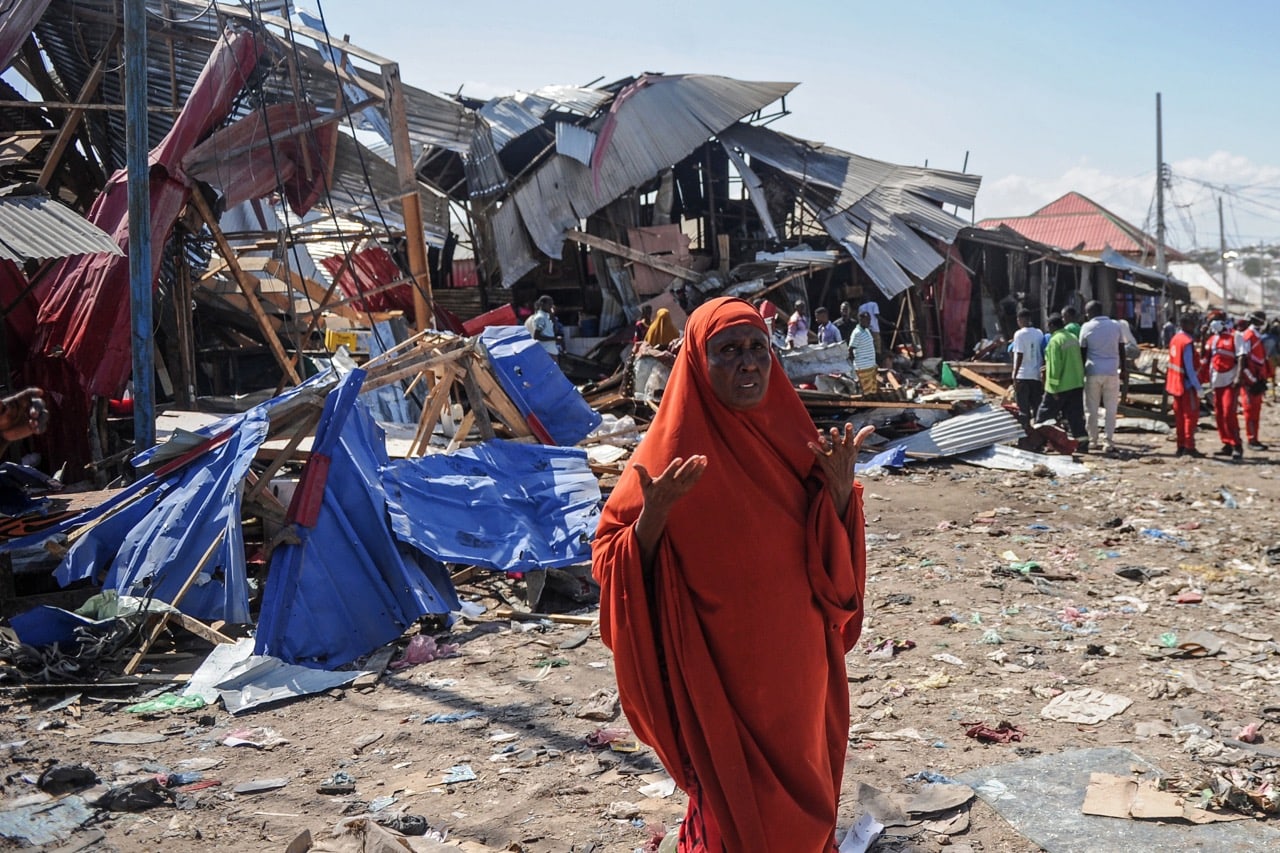
Founder of Somalian rights-based NGO injured in targeted bomb attack
The situation for journalists in Somalia continues to deteriorate following a targeted bomb attack on Ismail Sheikh Khalifa, the founder and head of the organisation Human Rights Journalists.
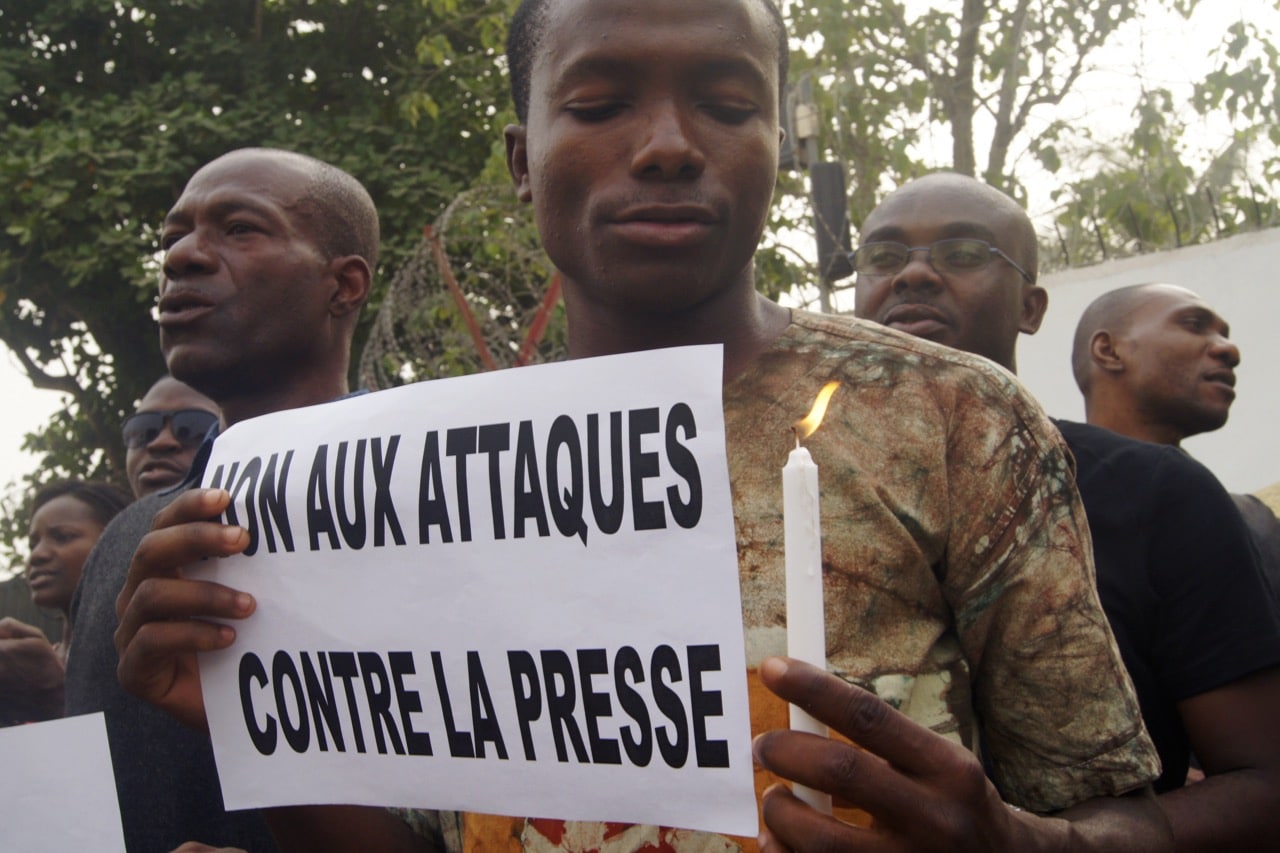
AFEX calls on African governments to promote safety of journalists
Concerned by the growing wave of attacks against journalists, members of the African freedom of expression network AFEX resolved to encourage governments to promote the safety of journalists and oppose impunity.
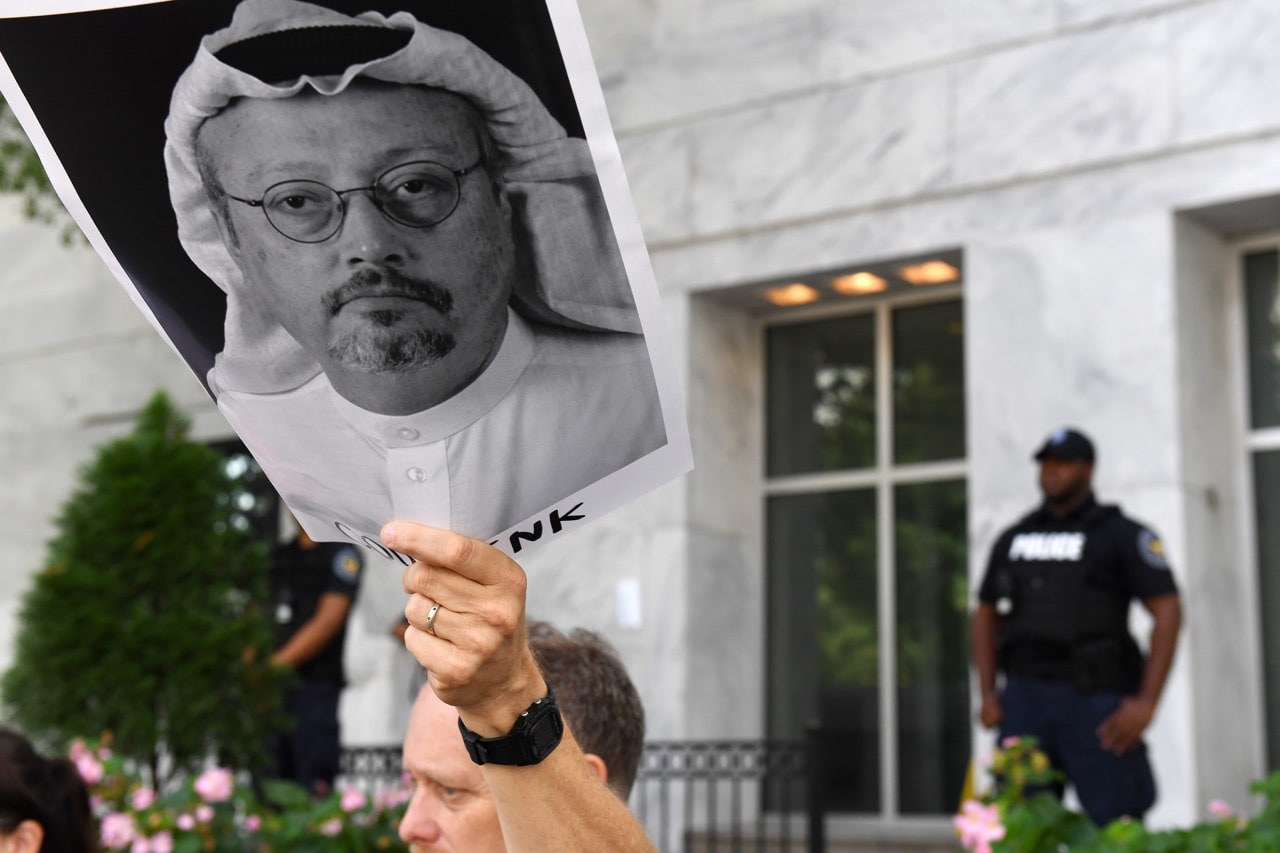
AFEX calls on UN to take action against Saudi Arabia for brutal murder of Khashoggi
The African Freedom of Expression Exchange (AFEX) believes that Saudi Arabia should be ostracised for the barbaric murder of renowned Saudi journalist, Jamal Khashoggi, in the Saudi consulate in Istanbul,Turkey.
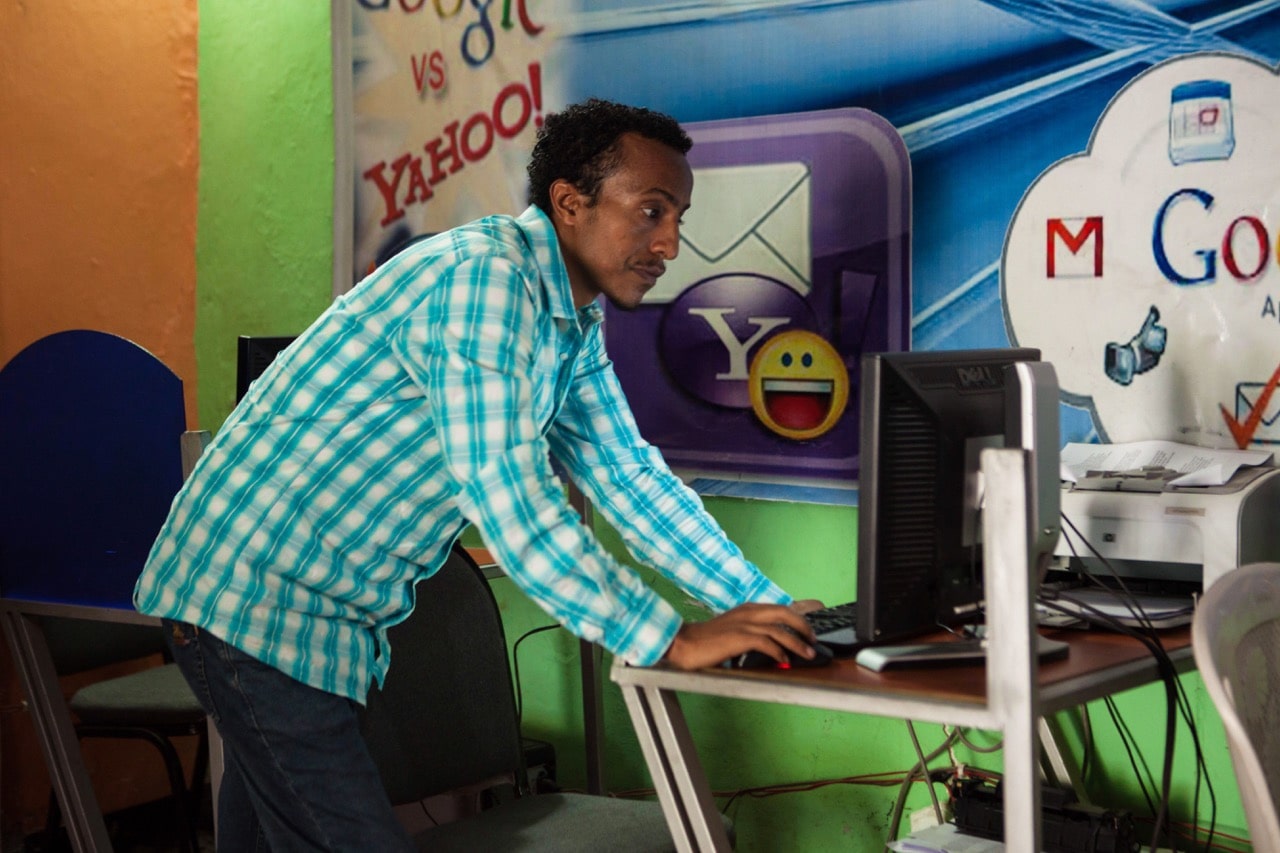
AFEX backs ACHPR condemnation of restrictive online regulations in East Africa
The African Freedom of Expression Exchange (AFEX) has issued a statement backing the African Commission on Human and People’s Rights (ACHPR)’s condemnation of the increased adoption of stringent laws regulating digital space.
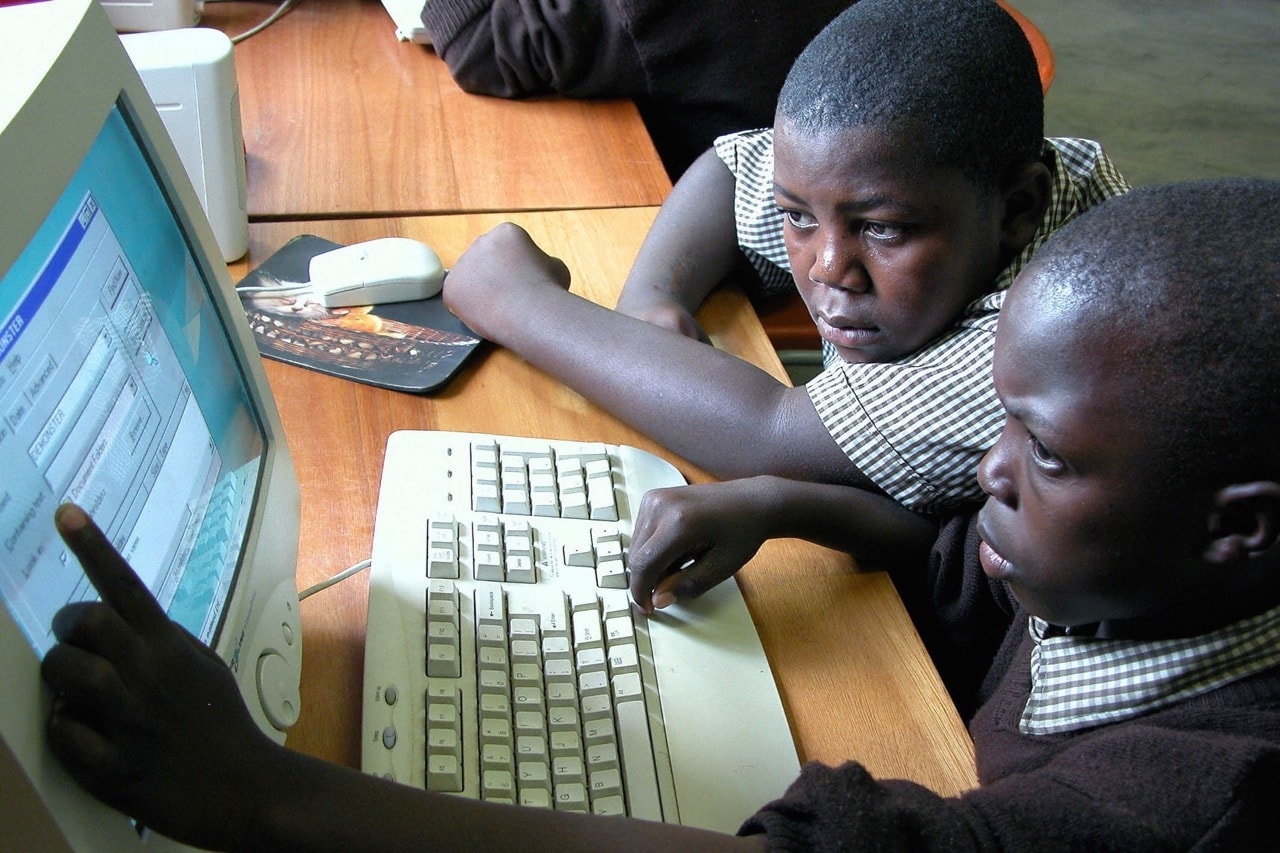
Zambia encouraged to include stakeholders in internet policy formulation
AFEX joins Zambian journalists, bloggers and activities in requesting the government to include multi-stakeholders in the enactment of internet policies that will ensure access to a free and open internet.
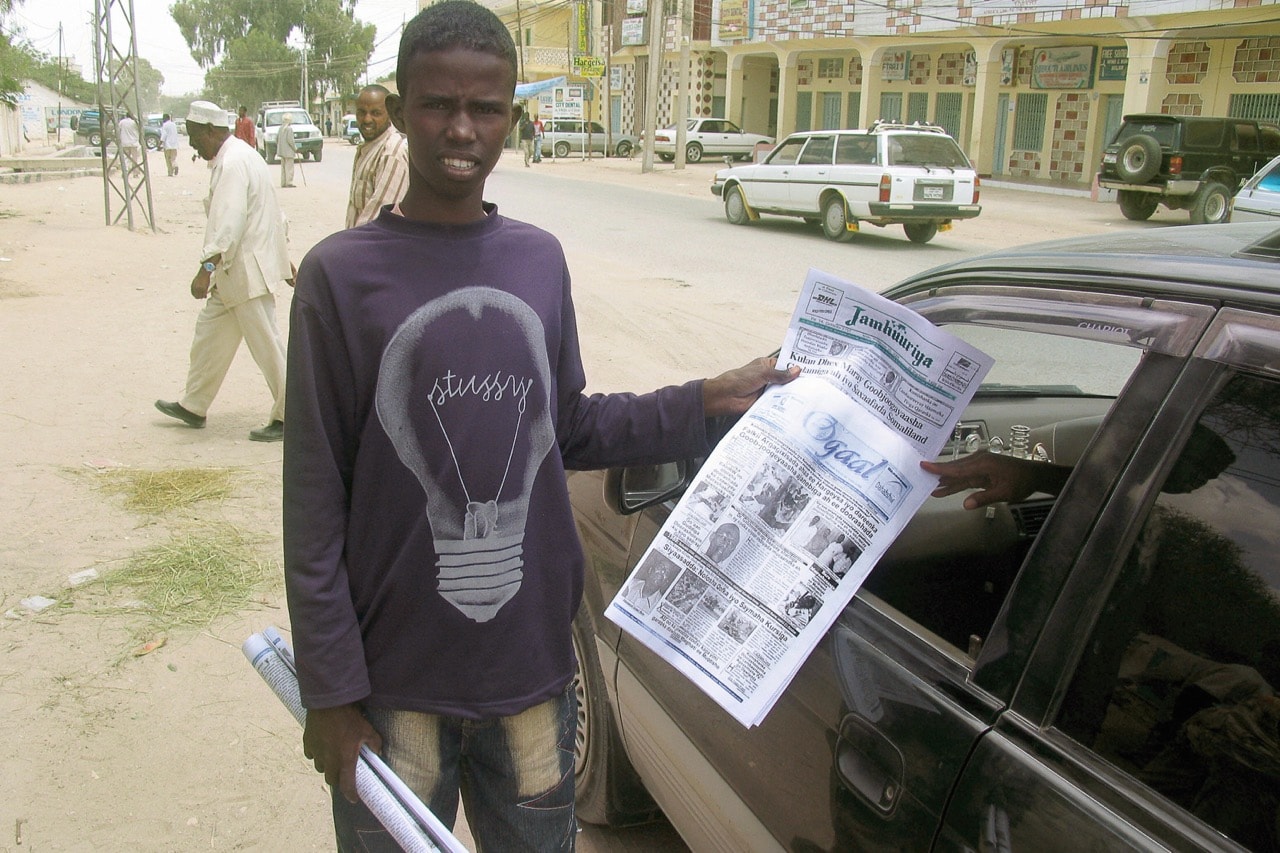
TV station reopened and media practitioners released in Somaliland
Somaliland finally relents to release a blogger and journalist after a petition by fifteen regional freedom of expression organisations over the increasing spate of press freedom violations in the country.
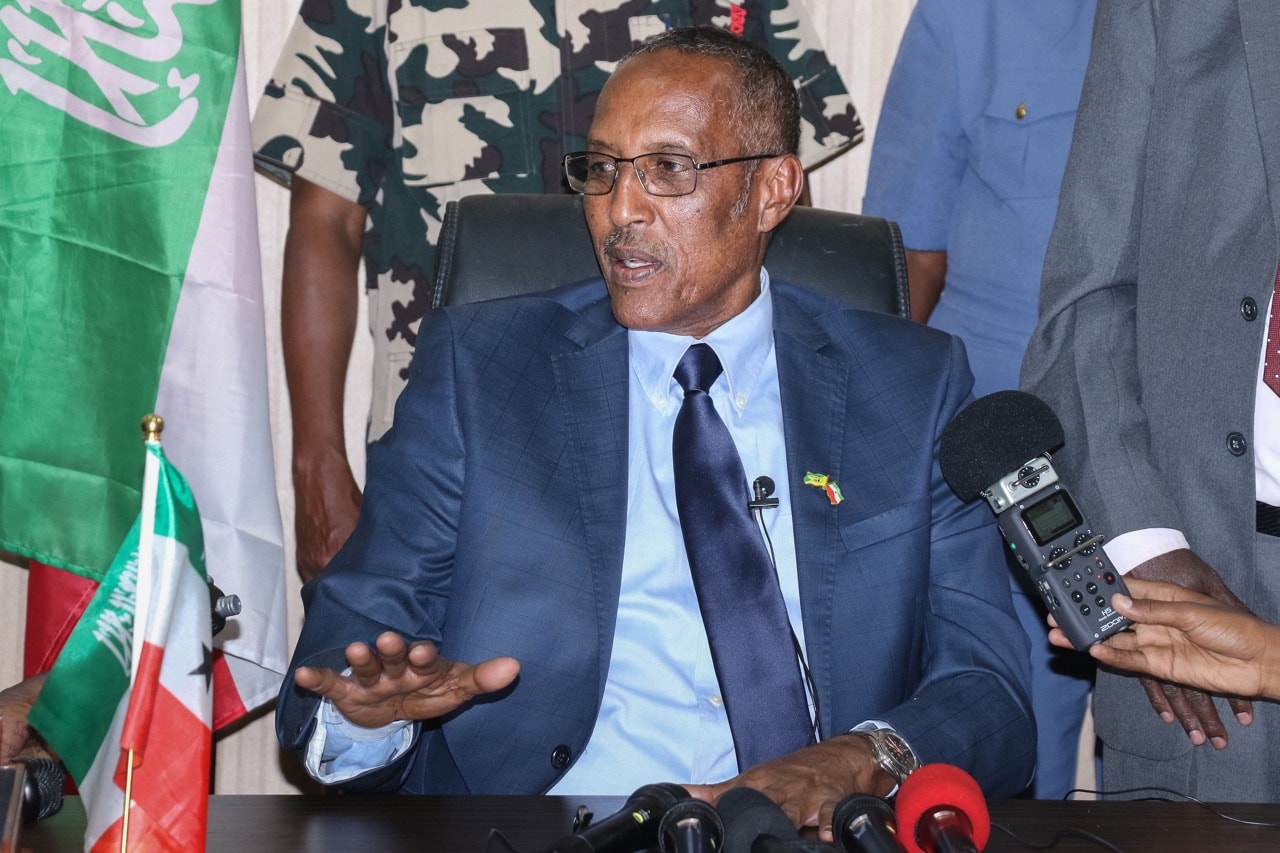
Somaliland president urged to intervene in deteriorating free expression situation
Recent arrests of journalists and TV station shutdowns prompt human rights organisations to call on the President of Somaliland to put an end to the crackdown on press freedom rights.
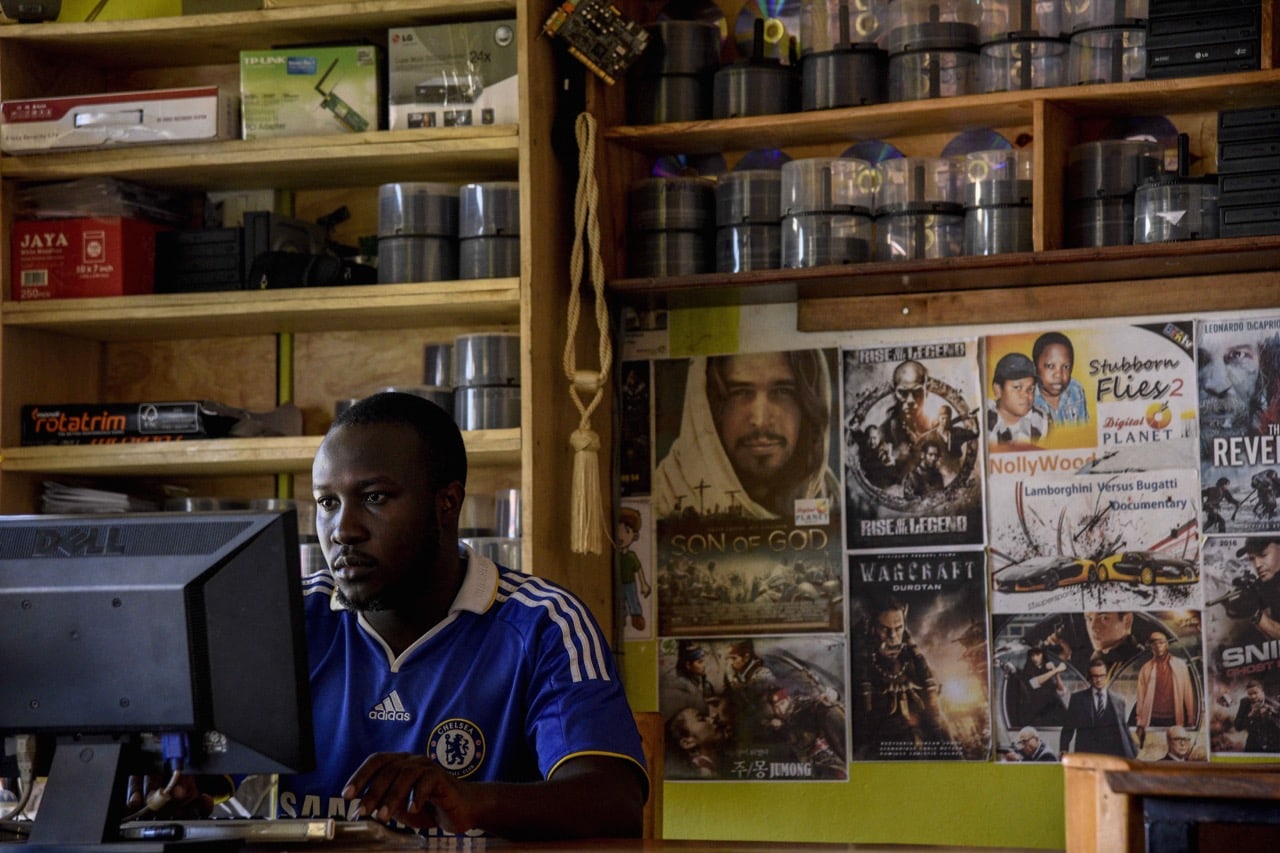
Uganda’s new law imposes tax on users of social media platforms
A newly passed law in Uganda will require users of WhatsApp, Facebook, Twitter and Instagram in Uganda to pay a mandatory daily levy of 200 Ugandan Shillings (about $0.05 cents).
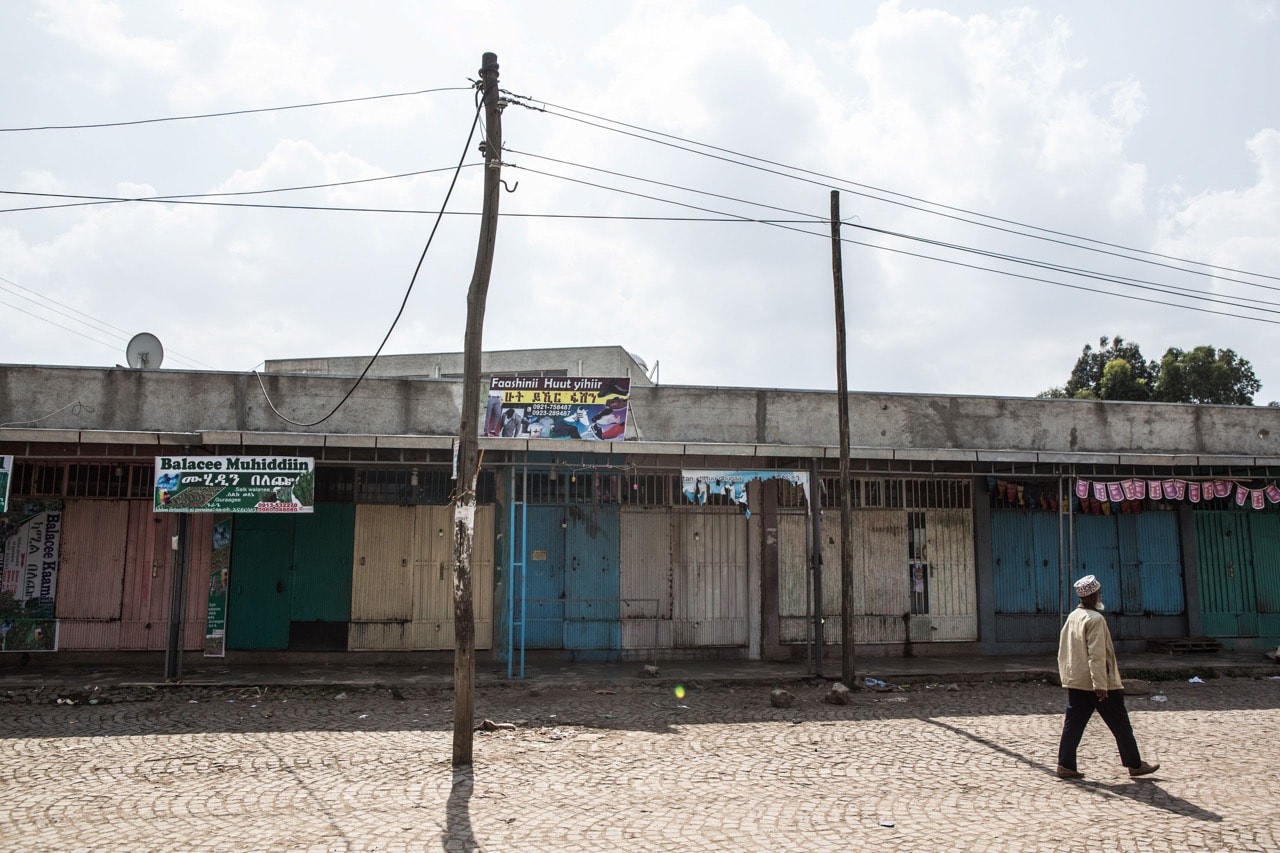
AFEX calls on Ethiopian government to uphold freedom of expression rights
The African Freedom of Expression Exchange (AFEX) denounces the recent killing of protesters by security agents and calls on the authorities to ensure that citizens’ lives and rights are protected at all times.
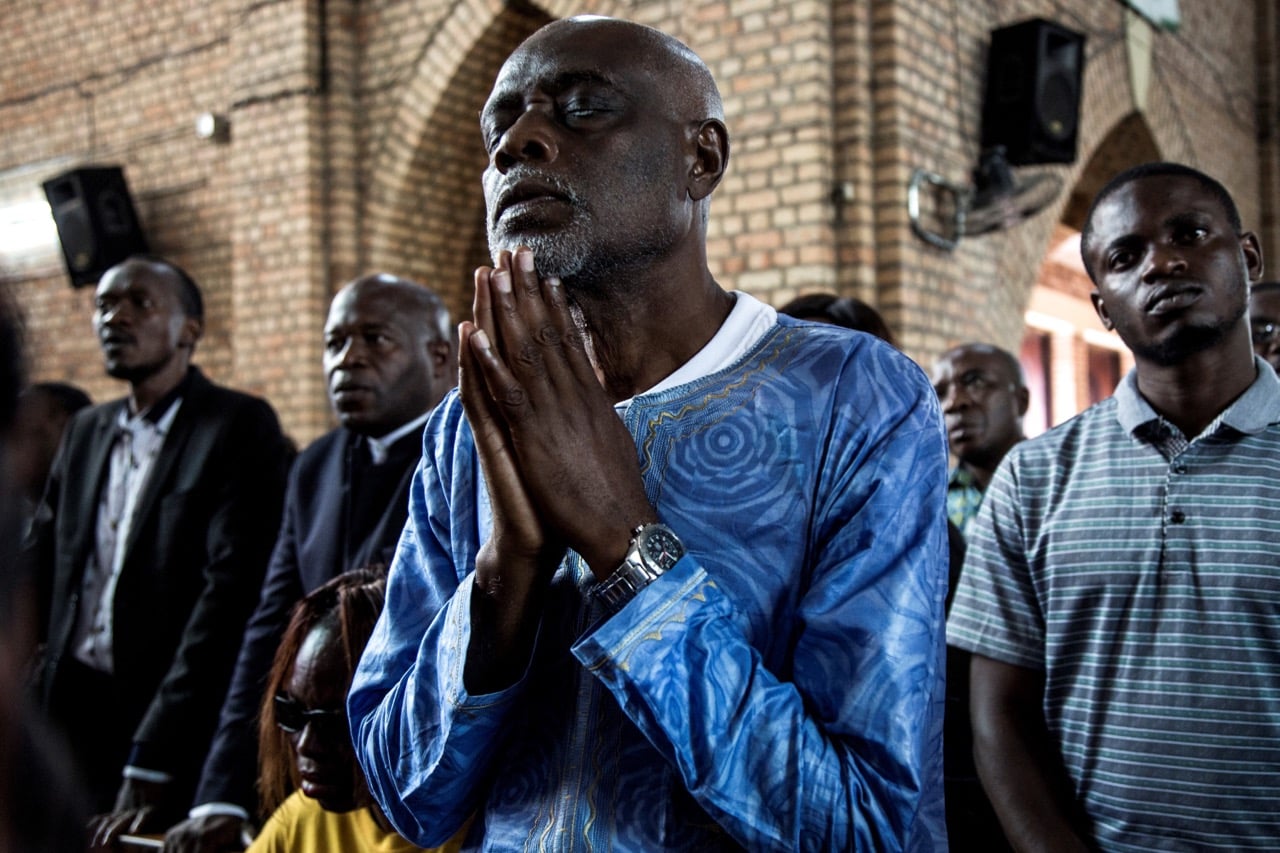
DRC: Protesters killed as internet and SMS services shut down
On 31 December 2017, security forces shot and killed at least seven protesters while several others were arrested during anti-government demonstrations in Kinshasa. The Congolese government also ordered a nationwide internet shutdown and disruption of SMS services a day before the protests.